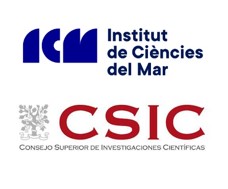HOLOSEX aims to enhance our understanding of sex-dependent epigenetic mechanisms resulting from successive infections and identify biomarkers to enhance aquaculture production through holoepigenomic approaches. Thus, this project is at research frontier, since studying the trained and heritable immunity has been barely explored in fish. To attain this goal, we will focus on specific tissues: (i) skin mucus, and (ii) gonads, which play a crucial role in epigenetic inheritance and sex identity. The project will use two teleost fish species: the European sea bass, an important commercial species, and zebrafish, as a useful animal model. State-of-the-art methodologies will be applied, such as single cell (sc)-ATAC seq and scRNA-seq to identify chromatin and gene expression alterations from different cellular types. Further, methylome and metagenomic analyses will help to decipher epigenetics and microbiota alterations after infections. Functional analysis in cell culture systems will be performed and the data from the fish host and its associated microbiota will be integrated from a holo-omic perspective.
Candidates should hold a Master's degree in Biology, Genetics, Epigenetics, Bioinformatics, Aquaculture, or a related field, with high academic achievements in both their undergraduate and graduate studies. An excellent level of English is required. Programming skills and bioinformatics knowledge will be considered an advantage.
Deadline: 01 October 2024
Més posts de Recerca



Cap comentari:
Publica un comentari a l'entrada